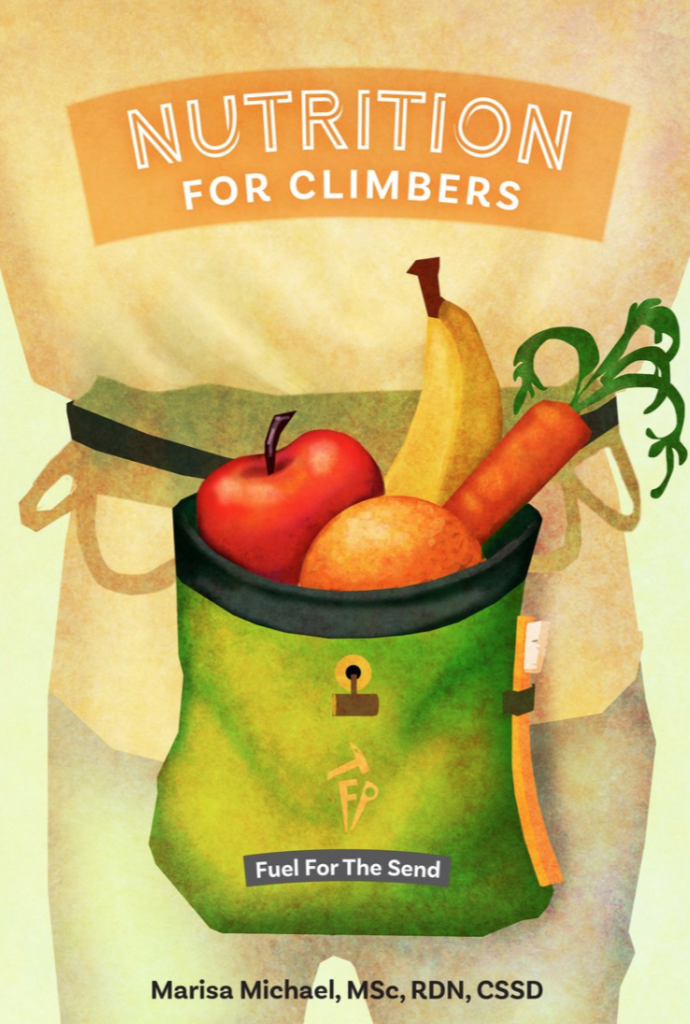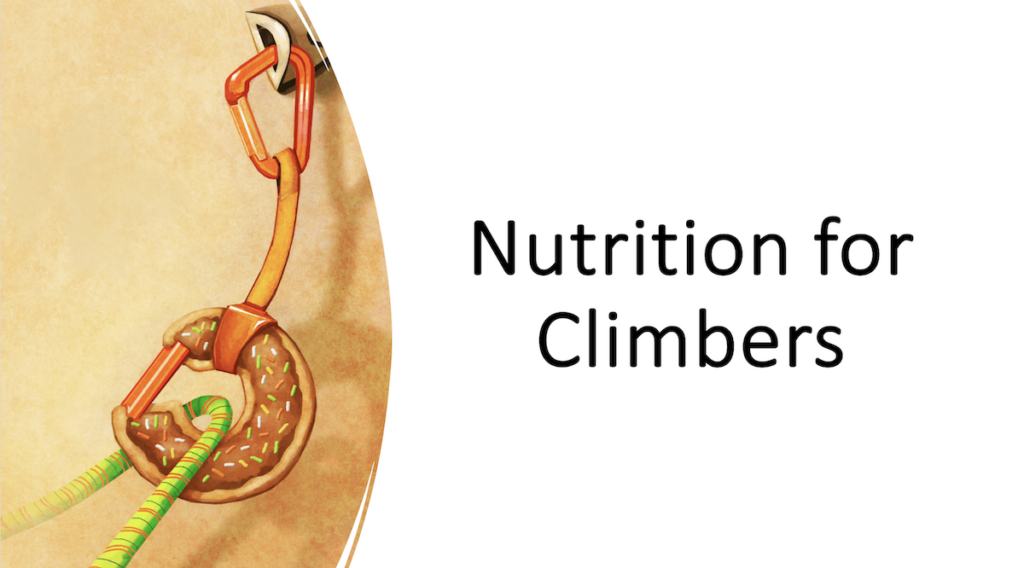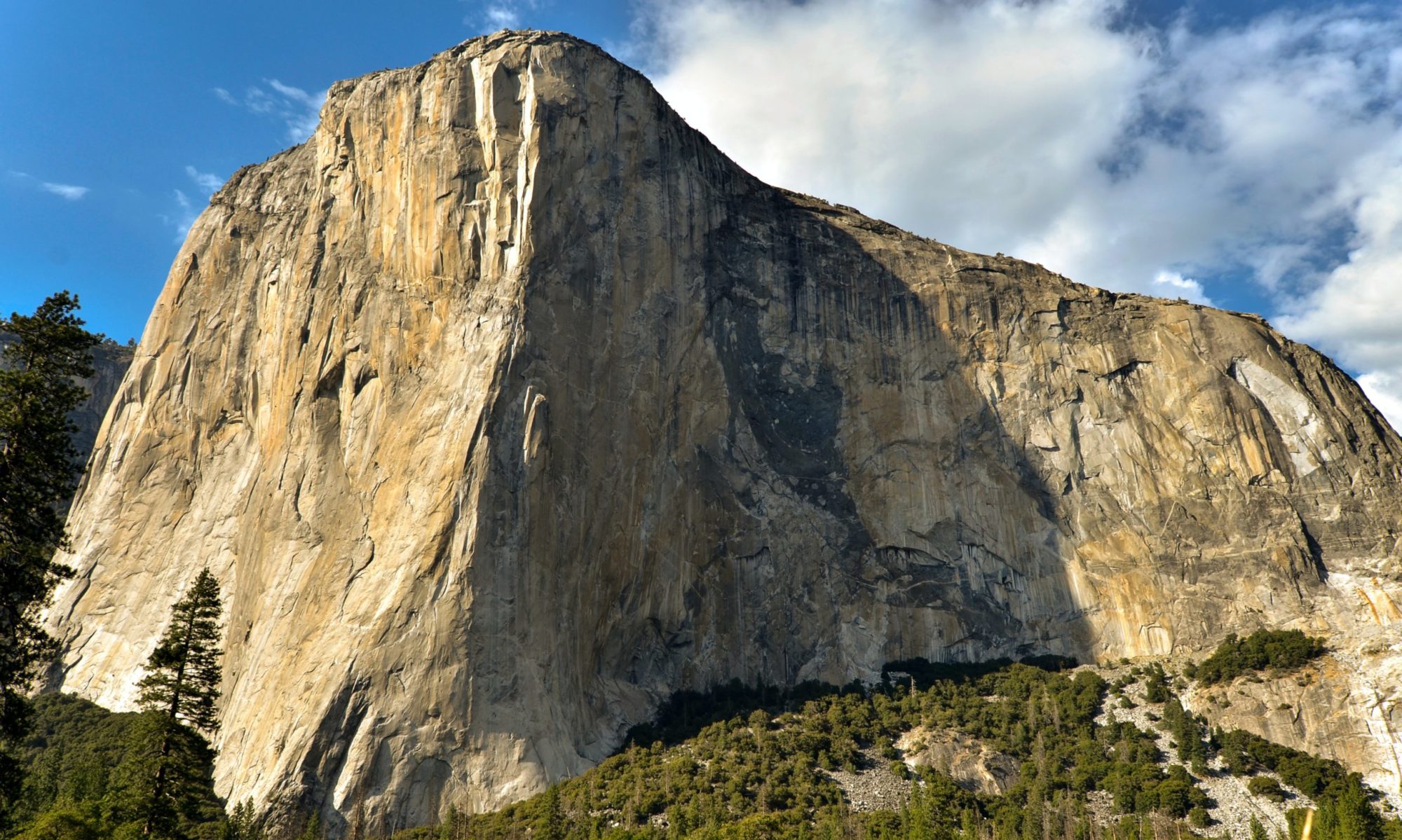
Tommy Caldwell has shown the world you can climb without a finger. Irena Ilic can scale faces with no hands. Athletes around the globe are challenging our understanding of physical limits proving that there truly aren’t any! One requirement for climbing though? Muscle! Somewhere on the body, you are going to want some muscle. And, if it is more muscle you need, you can’t skimp on protein in the diet.
What is protein?
Protein is an essential nutrient present in every cell in the human body. Dietary proteins provide amino acids that are used to build (among other critical components).
Proteins are different from carbohydrates and fat. Our body does not store protein. The body either uses it or loses it! There are many uses for protein in the diet. Collagen, the most abundant protein in the body, forms ligaments and joints. Muscle tissue is made of protein. Believe it or not, bones rely on protein too! And did I mention muscle tissue is made up of protein?
What are good food sources of protein?
- High quality protein sources are:
- Soy-based products
- Protein powder (learn the difference between whey, collagen, vegan, and BCAA powders)
- Eggs
- Yogurt
- Cottage cheese
- Lean meats
- Lentils
- Milk
Amino Acids
Notice that plant based products can be great sources of protein. Protein is built from amino acids. Remember that sweet Lego castle you spent hours building with your kid? Our body is like that massive Lego castle! Instead of Lego pieces, we have amino acid pieces that fit together to make proteins for muscles, soft tissue, muscle, etc. Just like the right size and shape of Legos are required to craft a masterpiece, the body requires specific amino acids from the diet to make the body’s proteins.
Eating a variety of protein sources will ensure you have the size and shape of Lego you need to build your very own Lego castle in the form of a giant forearm!
What does protein do for climbers?
- Protein builds bone, collagen and muscle. Can’t climb without those!
- Protein consumed with carbohydrate during climbing can help delay muscle fatigue.
- Endurance climbers need to turn fat into fuel during prolonged exercise when glucose is
- not available.
- Proteins carry fuel sources into the cell for energy production so the body can keep pushing. Pushing real good.
- Protein is essential for injury recovery.
Signs you aren’t getting enough protein
Protein helps you to feel fuller for longer. If you are feeling hungry or under fueled while climbing this may be a sign you are not getting enough protein. If you have been prone to injury or are experiencing “tweaky” joints this is another sign you may need to up your protein intake. You may also not be getting enough if you are doing a specific strength training program and not seeing results or strength gains.
How much protein does a climber need?
Casual Calculation
The easy way to ensure adequate protein intake is to eat about 20 grams of high-quality protein at every meal.
(Getting techy with it…nah nah nah nah nah)
Post-workout: Consume 0.3 grams per kilogram of bodyweight every 3-4 hours to maximize muscle recovery and growth. Divide your weight in pounds by 2.2, multiply the quotient by 0.3 to determine protein intake for a 3-4 hour period. (Learn how to pick a protein powder.)
Overall daily protein needs: Depending on what training phase you are in, you may need around 1.2-2.2 grams per kilogram per day.
Examples of Protein Rich Crag Snack
- Trail mix: Mix soy nuts, almonds and a variety of seeds with some dark chocolate and
goji berries. - A tuna salad, egg salad, or chicken salad sandwich
- Jerky or summer sausage
- Nut butter and crackers
- Protein bars
- See our whole post on crag snack ideas!
Protein builds more than muscle. Although, as a climber, that might be how you think about it. Twenty grams of protein at each meal is a good marker. Twenty grams per meal is enough to support muscle growth and recovery. At the end of the day, if you want to build a fortress you need all the right pieces. The more varied the diet, likely, the stronger your fortess will be.
(Caution: Lego cannons and uneasy footed toddlers can still knock your fortress to the ground.)
Written by Kaila Dickey.
~This is general information only and not nutrition advice. Always check with your healthcare provider before undergoing any diet or lifestyle change.

Want to learn more? Check out our on-demand masterclass Nutrition for Climbers, or our book Nutrition for Climbers: Fuel for the Send.

